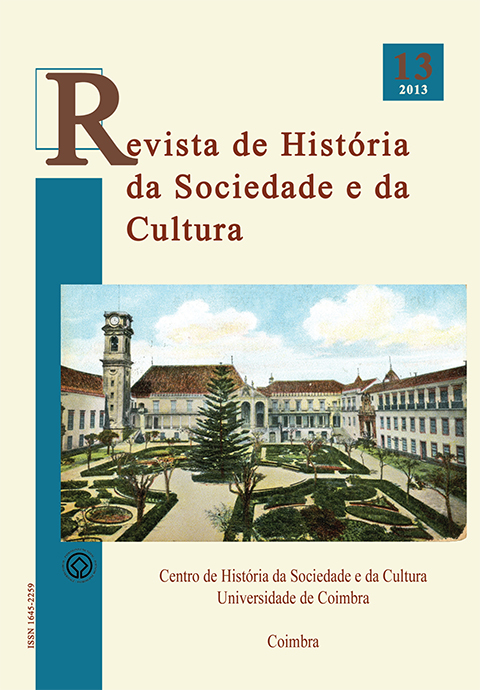Linguagem Política e Leituras do Contrato Social nos alvores da Revolução Liberal em Portugal
DOI:
https://doi.org/10.14195/1645-2259_13_11Keywords:
Social Contract, Political Catechisms, Public Opinion, PatriotismAbstract
Jean-Jacques Rousseau philosophy was the driving force behind the political vocabulary that fostered the editorial and periodical publishing burst in Portugal, in the end of XVIII century. After 1820 Revolution, the Social Contract (1762) was translated into Portuguese and published in three different editions within one year.
Liberals and activist writers found their direct inspiration in Jean-Jacques Rousseau to highlight the importance of civil and human rights, as well as the advantages of the social pact and law. On the other hand, controversy around concepts of general will, public opinion and civil religion show limits to acceptance, although with restrictions, of the political theory behind the Social Contract. Even though political sociability - based in a sacred obedience to the law and commitment to social contract - puts revolutionary catechism and civic education of the people in a privileged role to strengthen the practical aspects of affective-based adhesion to the liberal cause.
Downloads
Downloads
Published
Issue
Section
License

This work is licensed under a Creative Commons Attribution 4.0 International License.
Authors retain copyright and grant the journal right of first publication with the work simultaneously licensed under a Creative Commons Attribution License that allows sharing the work with recognition of authorship and initial publication in Antropologia Portuguesa journal.











